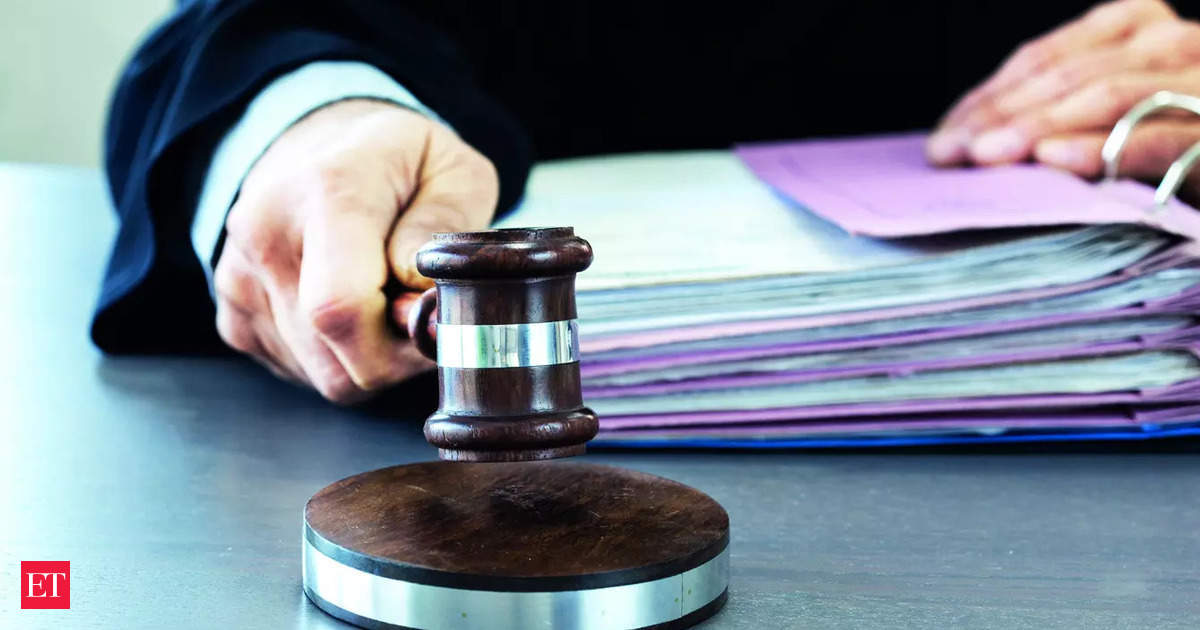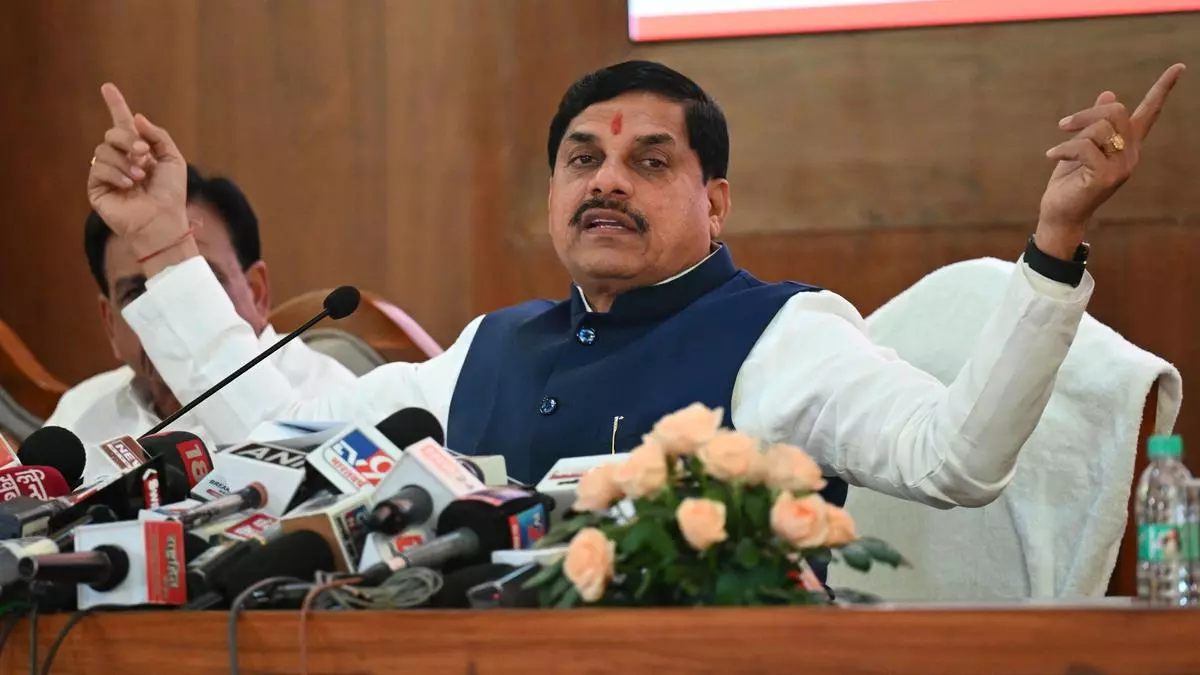In a significant development, the NCLAT has admitted the plea filed by SBI against Lavasa resolution. The NCLAT is the appellate authority for matters related to the Insolvency and Bankruptcy Code (IBC). Lavasa Corporation Limited, a real estate subsidiary of HCCL, has been going through a resolution process. The NCLAT admission of SBI’s plea adds another dimension to the ongoing resolution proceedings. SBI’s plea asserts that the resolution plan approved by the Committee of Creditors (COC) is not in the best interest of the creditors. The NCLAT will now hear the case and make a decision ensuring a fair and just resolution process for Lavasa.
Lavasa is a popular hill city near Pune, India, known for its picturesque landscapes and planned development. However, it faced financial difficulties in the past, leading to the initiation of the insolvency process. HCCL, the parent company of Lavasa, has been looking to revive the subsidiary and find a suitable resolution for the company’s outstanding debt. A resolution was approved by the COC, but SBI has raised concerns about the plan’s feasibility and the potential impact on the creditors. With the admission of SBI’s plea by the NCLAT, the future of Lavasa’s resolution process hangs in the balance.
The admission of the plea by NCLAT indicates that there are valid concerns raised by SBI regarding the resolution plan. The tribunal will now review the details of the case and determine whether the COC’s decision aligns with the requirements of the IBC. The NCLAT’s decision will be crucial in determining the path forward for Lavasa’s resolution. The main objective of the resolution process is to ensure that the creditors’ interests are safeguarded and that a viable plan is implemented. The NCLAT will play a crucial role in this process by evaluating the various aspects of the resolution plan and hearing the arguments presented by SBI.
SBI is one of the major creditors of Lavasa and holds a considerable stake in its outstanding debt. As a result, the bank has a vested interest in ensuring that the resolution process is carried out in a fair and transparent manner. The plea filed by SBI highlights the concerns regarding the financial viability of the approved plan and its potential impact on the recovery of dues. The admission of the plea by NCLAT offers a ray of hope for SBI and other creditors who are looking for a more favorable resolution plan.
The resolution process of Lavasa has been closely watched by the banking and real estate sectors, given its potential implications for future insolvency cases. The outcome of this case will set a precedent for similar cases in the future and provide guidance on the interpretation and implementation of the IBC. The NCLAT’s decision will be eagerly awaited by all stakeholders involved in the resolution process.
In conclusion, the NCLAT’s admission of SBI’s plea against Lavasa resolution marks a crucial development in the ongoing resolution process. The tribunal will now scrutinize the resolution plan and consider SBI’s concerns before making a decision. The outcome of this case will have far-reaching implications for future insolvency cases and will shape the interpretation and implementation of the IBC.










